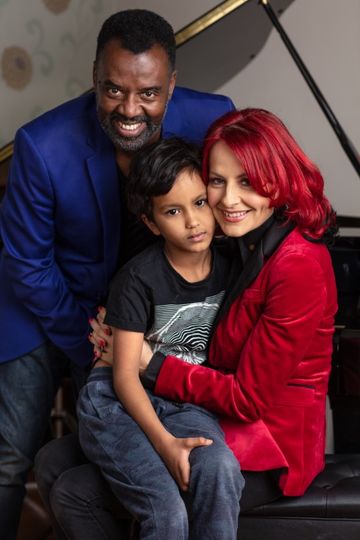On the 3rd September 2019, nearly seven years after he became a part of our family my 9-year-old son cried in front of his teacher, the psychotherapist and I. The simple question, “How can we help you in class when you feel triggered,” completely triggered him.
And the tears haven’t stopped.
Every few days there seems to be another reason to cry, sob and bury his head in my chest. It’s as though a well has been found and the waters are flowing. If you saw my son in these moments you may take pity and wish he’d stop, as it looks distressing. However, I am not distressed. I am relieved, I am joyful and I am immensely proud of him. My little boy has found his tears.
He has finally found the inner mechanism that leads to expressing his sadness in a way that doesn’t leave him traumatised and isolated. He is not striking out or running away or hiding or shouting. He is allowing those overwhelming, uncomfortable and sad feelings to come up and be expressed in a way that doesn’t leave him feeling that his behaviour has overtaken any inner emotion he was trying to express. He is healing. I am actually watching him heal in front of my eyes. I know it’s only a small step on a journey but it’s a gigantic one for him, for us as a family and for his school. It’s next level trust.
Seven years ago if my son hurt himself he would run and hide behind the sofa. He could take the biggest fall but would never come to my husband or I. Anything that hurt him could also create an explosion of anger and he would hit out or run, furious at his own need for self-reliance. For him, the feelings of vulnerability were all consuming, he didn’t trust that we could emotionally “hold him” in this place. It took about two years for him to edge towards and reverse into our laps for comfort and a further two to turn and face us.
As I look at the landscape for mental health in the UK, the narrative that boys have to “man up” is clearly not working. My little boy needed to come to terms with being a “man down.” Encouraging resilience in our fostered and adopted children is not about encouraging them to suck it up and become tough. It’s about understanding there can be a few trusted people with whom they can share their absolute emotional terror.
As parents and carers we have to prove ourselves to be reliable and trustworthy. This takes time and unbelievable patience. It may sometimes take years but I want to encourage people today that eventually it can happen.
My boy has found his tears.

